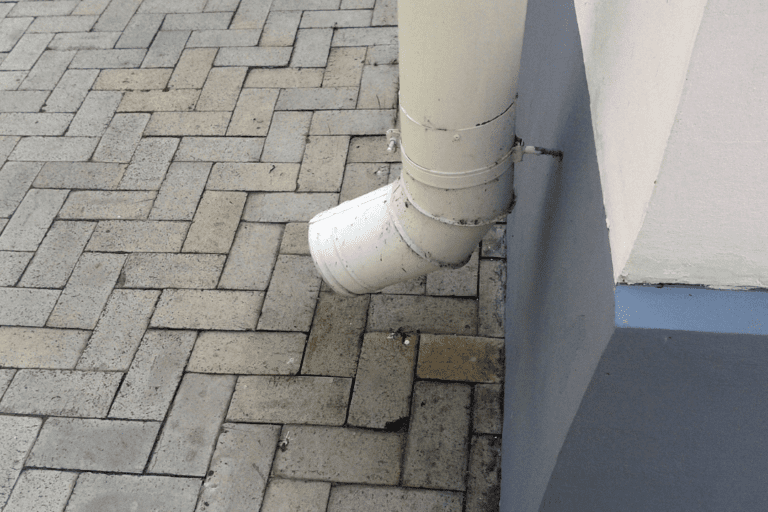Depreciation on Your Investment Property
Most investors buy property for long term capital growth, however understanding and legally claiming deprecation on that asset, can increase your cashflow and assist to reduce your holding costs each year, which may enable you to invest in more property and grow your asset base. Like any tax benefits, these can change or be taken away at any time, so you should always run your numbers using before tax numbers, rather than focusing on any potential tax benefits available to you through benefits such as depreciation.
What is depreciation?
When it comes to investing in property, the ATO allows you to reduce your taxable income by claiming the cost of maintaining your asset. This includes factors such as the interest paid on your property finance, the maintenance carried out on the home, and the ‘depreciation’ of the property itself.
The term ‘depreciation’ applies to the decline in value of any income-producing asset. When it comes to property, this might apply to a rental property owned by an investor, or a business premises (such as a mechanic’s workshop, for example). Until recently, depreciation in the value of the asset could be claimed in terms of both the building itself (or ‘capital works’ allowance) and of the ‘plant and equipment’ within the building that is subject to wear and tear. This might include the oven, carpets and curtains, air conditioning units, and the like. Earlier this year, however, changes were made to depreciation laws which will affect some properties – but more on that soon.
A licensed Quantity Surveyor can complete a Depreciation Schedule for you.
Why is claiming depreciation important?
As your assets decline in value over time, you’re able to claim this depreciation against your taxable income. For a property investor, this might mean a significant reduction on tax payable, and is therefore an incredibly important part of the investment equation.
Depreciation is an incurred expense that any property investor will be subject to and is therefore a genuine deduction that should be taken advantage of. Unfortunately, the lack of understanding around depreciation results in many thousands of Australian property investors paying more tax than they should.
Reducing your taxable income not only improves your cash flow but can also make building your property portfolio easier. The more income you’ve got to work with, after all, the better position you’re in to grow your investment portfolio with more property. If you’re new to the world of property investment and are hoping to build your portfolio, making the most of depreciation legislation when it comes to tax time can help you to grow it more quickly.
Recent changes to depreciation
On May 9th last year, the government introduced changes to the depreciation legislation which will affect all property investors. This new legislation means that investors are no longer able to claim depreciation on ‘plant and equipment’ within their investment properties. This includes the ‘easily removable or mechanical’ items within the property such as air conditioning units and ovens. It is estimated that this will result in a loss of over $4000 in depreciation reductions per annum over the first five years for the average investor.
Although this is a blow to anyone planning to invest in property, depreciation is still an important factor to consider. The Capital Works Allowance component of depreciation reductions can still mean significant deductions for property investors. In fact, these deductions account for up to 90% of most deduction claims for investors and include things such as the structural elements of the property and any fixed items such as doors, windows, cabinets, showers, basins, and more. The changes in depreciation laws should therefore not dissuade investors from taking advantage of this deduction to their taxable incomes.
Who does the new legislation affect?
Fortunately, for investors who purchased property and exchanged contracts on property prior to May 9th, 2017, depreciation on these properties can continue to be claimed as normal. For those who exchange contracts after this date, the new depreciation laws will apply.
However, for investors purchasing brand new properties, or for those with non-residential (commercial) properties, the laws around depreciation remain unaffected. This might mean that some investors look more closely at the benefits of purchasing a new property for investment purposes, however, it’s always important to consult with a financial advisor to ensure that any property purchase makes sense financially.
In conclusion, depreciation is a major financial factor to take into account when it comes to property investment. Having a thorough understanding of how depreciation legislation relates to your current and future investment property purchases can have a significant impact on your taxable income. Consult with your Tax Advisor to get the correct advice for your individual circumstances.



